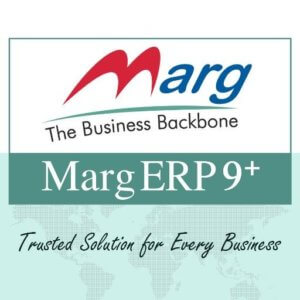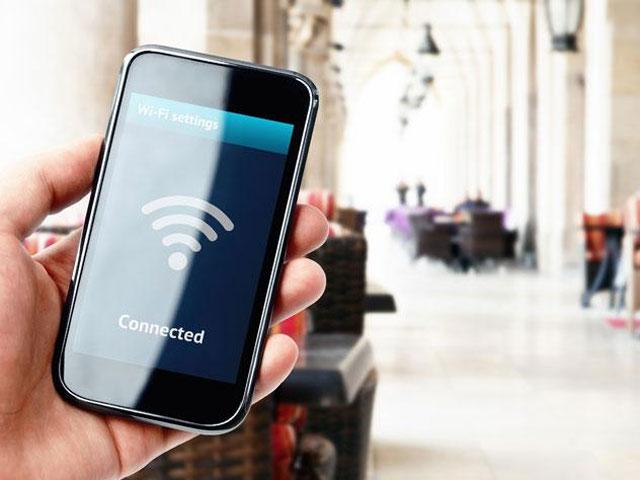![]() The state’s electronics recycling program, E-Cycle Washington, celebrated its fifth anniversary and announced that, since launching in January 2009, the program has kept more than 200 million pounds of electronics out of underdeveloped nations and landfills through free-to-consumer recycling and reuse/refurbishment programs.
The state’s electronics recycling program, E-Cycle Washington, celebrated its fifth anniversary and announced that, since launching in January 2009, the program has kept more than 200 million pounds of electronics out of underdeveloped nations and landfills through free-to-consumer recycling and reuse/refurbishment programs.
E-Cycle Washington is a collaborative effort supported by electronics manufacturers, collectors, recyclers, retailers, local and state governments and non-profit groups, designed to carry out the provisions of the Electronic Product Recycling Act passed in July 2006. The Washington Materials Management & Financing Authority (WMMFA) is the agency that finances and operates the statewide program and collector network. WMMFA members include more than 230 electronics manufacturers representing about 400 brands.
“From the beginning, E-Cycle has been an amazing success,” said John Friedrick, WMMFA executive director. “During the first month of the E-Cycle program in 2009, we actually had to ask people to wait to drop off their electronics because the initial response was so enormous. Since then, the program has matured beautifully, but the enthusiasm of Washington residents for recycling electronics has remained the same. I can’t wait to see what we can accomplish over the next five years.”
E-Cycle has 330 collection centers throughout the state that, together, collect 3,000 devices per day. All costs to collect, transport and recycle the devices are paid for by manufacturers, who have provided more than $47 million for the program since 2008.
Many of the devices collected through E-Cycle are reused. Approximately 29 percent of computers turned in at collection centers have been refurbished or resold. Since launch, E-Cycle has also expanded its offering, from collecting televisions, computers, laptops and monitors, to now include tablets, e-readers and portable DVD players.
“Along with providing a means to recycle the glass, plastic and other materials that electronic devices contain, E-Cycle keeps a huge amount of toxic materials out of the environment,” said Miles Kuntz, E-Cycle Washington program manager. “For example, it is estimated that E-Cycle has recycled more than 13 million pounds of lead over the past five years. That’s a huge win for Washington residents and the environment.”
Through E-Cycle’s manufacturer-funded infrastructure, the program has also created more than 125 jobs for independent collection, transportation and processing of electronic devices for recycling.
“I’m thrilled to be a part of the E-Cycle program,” said Mark Dabek, president of RE∙PC. “As the E-Cycle program has grown, our business has expanded with it. It’s fantastic to be a part of a program that’s creating jobs while protecting the environment.”
E-Cycle Washington is also championed by the Washington Retail Association for its leadership in conservation and the alignment it has created between Washington’s business community, consumers and government.
“The Washington Retail Association and its 3,500 members are proud of our initial and continued involvement in the development of the Washington State Electronic Recycling Program,” said Jan Teague, president and CEO of the Washington Retail Association. “The great success of the E-Cycle Program over the last 5 years demonstrates the positive attributes of a system that is easy to comply with by consumers, retailers and other affected parties. This ‘producer responsibility’ program is a model for other hazardous products that have reached their end of life and we encourage the state, federal and local governments to follow a similar path.”
As part of the program’s fifth anniversary celebration, WMMFA has released an infographic highlighting E-Cycle’s accomplishments that can be viewed at www.ecyclewashington.org.
For more information about E-Cycle Washington, or to find a collection site, go to www.ecyclewashington.org.
For information about WMMFA, visit www.wmmfa.net or call 1-866-779-6632 toll-free.






